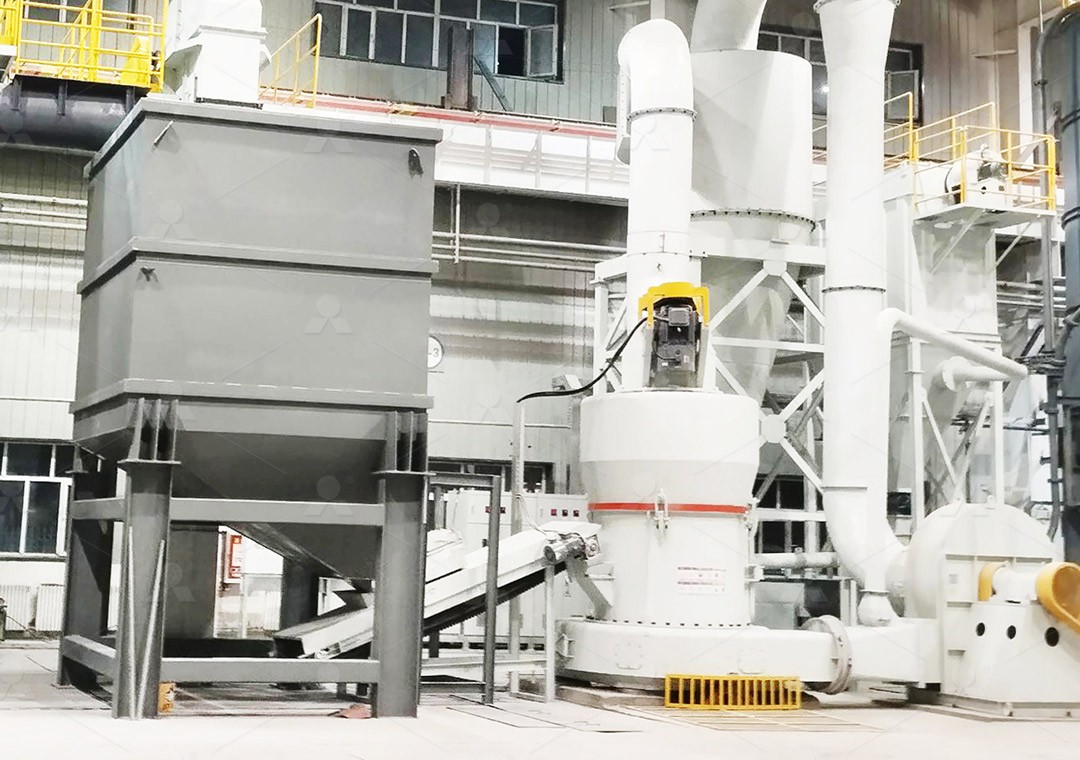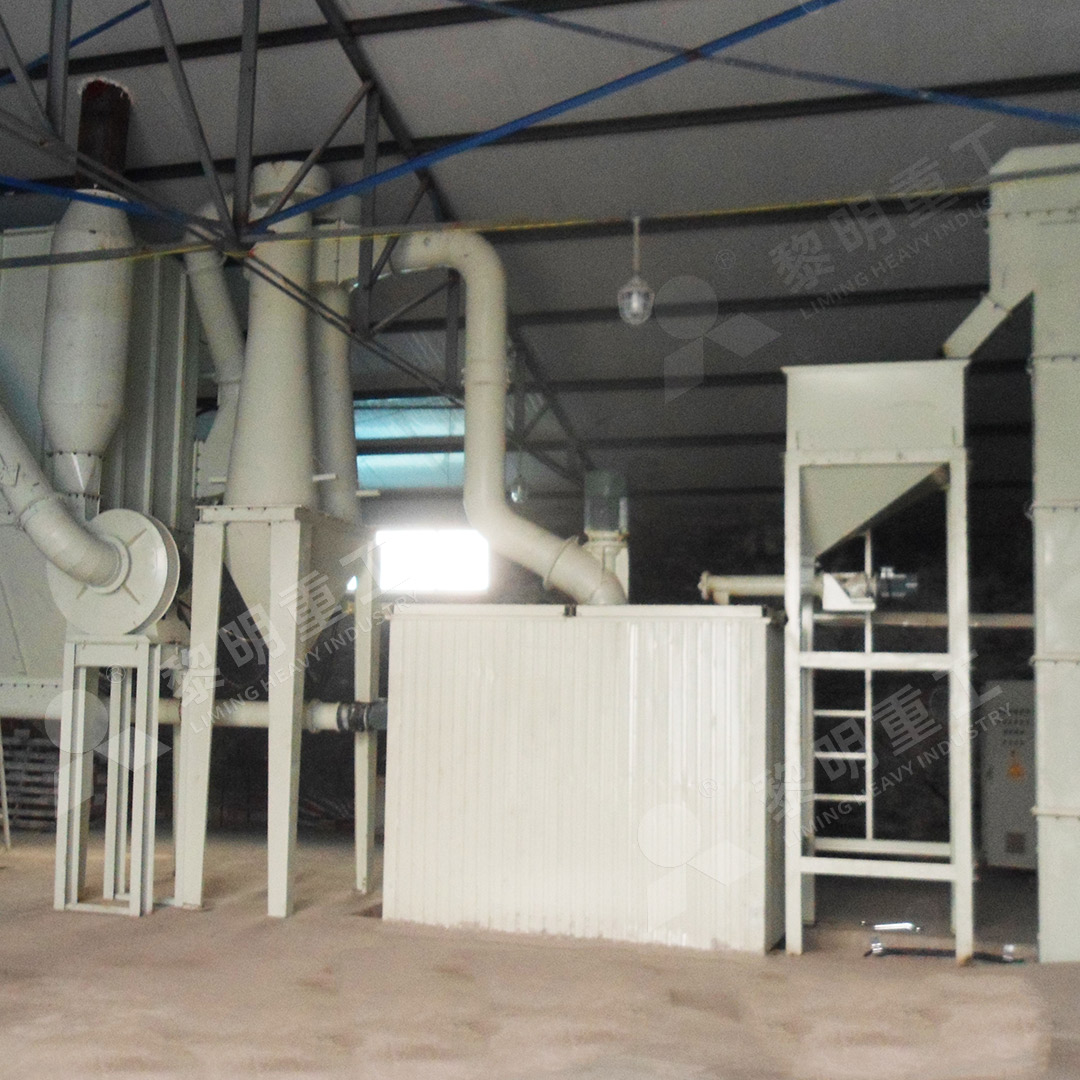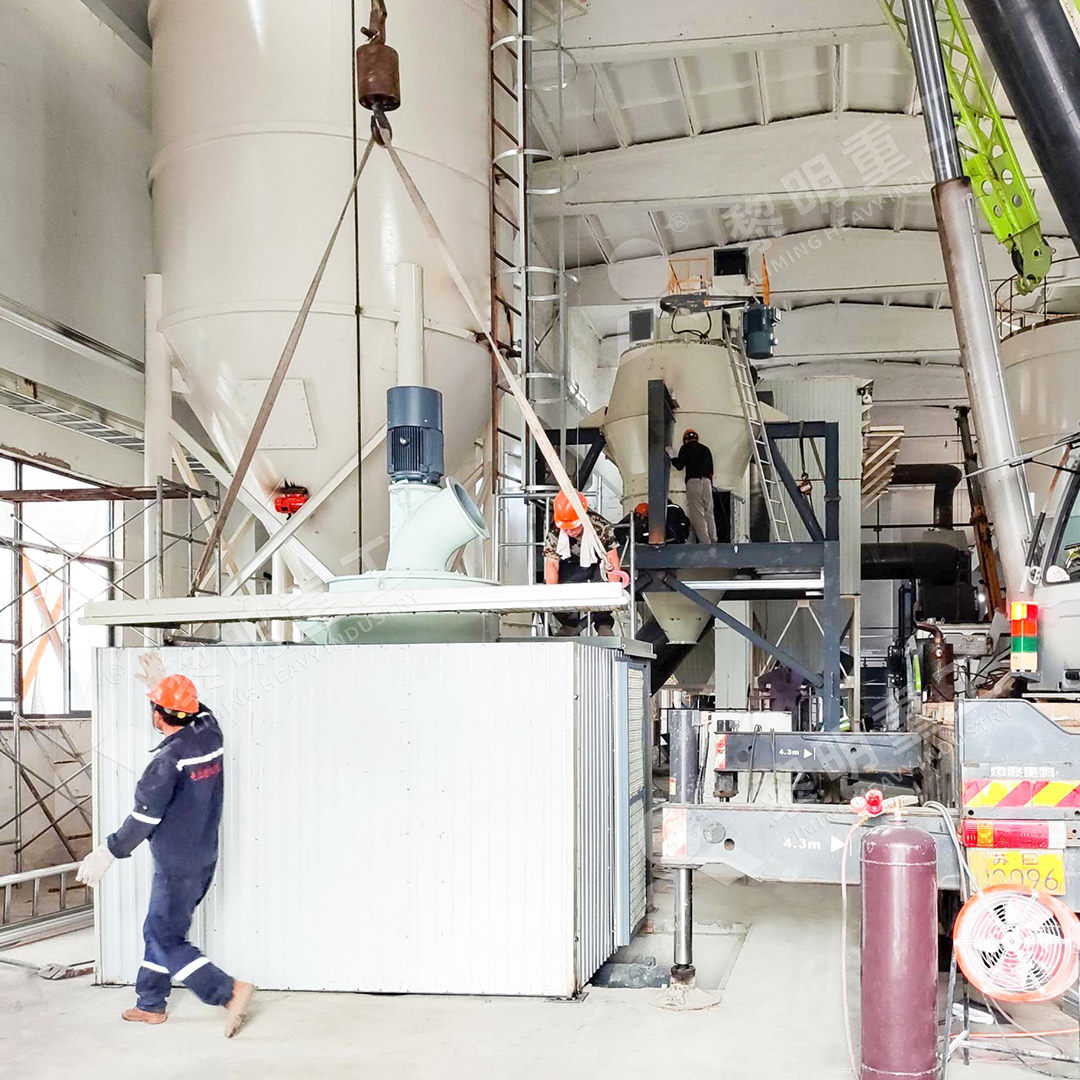What is Petroleum Coke Grinding?
We provide a wide range of mills — including Raymond mill, trapezoidal mill, vertical mill, ultrafine mill, and ball mill, obtained ISO9001 international quality certification, EU CE certification, and Customs Union CU-TR certification. Suitable for processing minerals such as limestone, phosphate, quicklime, kaolin, talc, barite, bentonite, calcium carbonate, dolomite, coal, gypsum, clay, carbon black, slag, cement raw materials, cement clinker, and more.
The discharge range of these mills can be adjusted to meet specific processing needs, typically from 80-400 mesh, 600-3250 mesh, and can achieve the finest particle size of up to 6000 mesh(D50).
If you are looking for a reliable grinding solution to turn stone or minerals into fine powder, please feel free to contact our online customer service.
What is Petroleum Coke Grinding?
Petroleum coke, commonly referred to as petcoke, is a carbonaceous solid derived from oil refinery cracking processes. This versatile material serves as a crucial fuel source and raw material in various industries, including cement production, power generation, and aluminum manufacturing. However, raw petcoke requires specialized processing to transform it into the fine powders necessary for industrial applications. This transformation process is known as petroleum coke grinding.
The grinding process involves reducing petroleum coke particles to specific fineness levels through mechanical means. This isn’t merely about crushing materials; it’s a sophisticated operation that requires precision engineering to achieve optimal particle size distribution while maintaining efficiency and environmental compliance.

The Technical Challenges of Petcoke Grinding
Petroleum coke presents unique challenges in grinding operations. Its abrasive nature can rapidly wear down conventional grinding equipment, while its varying moisture content and hardness levels demand adaptable processing solutions. Furthermore, the grinding process must address dust control and energy efficiency concerns to meet modern environmental standards.
Traditional grinding methods often fall short when processing petroleum coke. Ball mills, for instance, tend to be energy-intensive with relatively low efficiency for ultrafine applications. Standard Raymond mills may struggle with the material’s characteristics, leading to increased maintenance costs and operational downtime.
Advanced Solutions for Modern Requirements
Contemporary petroleum coke grinding demands equipment specifically engineered to handle the material’s unique properties while delivering consistent performance. The ideal grinding system should offer:
- Precise control over final product fineness
- High efficiency with minimal energy consumption
- Robust construction to withstand abrasive materials
- Comprehensive dust collection systems
- Adaptability to varying feed materials
For operations requiring ultrafine petroleum coke powders, our MW Ultrafine Grinding Mill represents a technological breakthrough. With an input size capacity of 0-20 mm and throughput ranging from 0.5-25 tph, this machine is specifically designed for customers who need to produce ultra-fine powder efficiently. The MW series stands out through its innovative design that eliminates rolling bearings and screws in the grinding chamber, significantly reducing maintenance concerns and potential machine damage from loose components.

Key Advantages in Petroleum Coke Processing
The MW Ultrafine Grinding Mill incorporates several features that make it particularly suitable for petroleum coke applications. Its cage-type powder selector, utilizing German technology, ensures precise powder separation with adjustable fineness between 325-2500 meshes. This level of control is crucial for meeting specific industry requirements where particle size distribution directly impacts final product performance.
From an operational perspective, the MW series demonstrates remarkable efficiency. Comparative analyses show production capacity approximately 40% higher than jet grinding mills and stirred grinding mills at equivalent fineness and power consumption. When measured against traditional ball grinding mills, the yield improvement reaches an impressive 100% increase.
Environmental considerations are thoroughly addressed through integrated pulse dust collection and noise reduction systems. The efficient pulse dust collector ensures no dust pollution during operation, while silencers and noise elimination rooms maintain workplace comfort and regulatory compliance.
Alternative Solutions for Specific Applications
For operations with different requirements, our LUM Ultrafine Vertical Grinding Mill offers another sophisticated option. With an input size of 0-10 mm and capacity ranging from 5-18 tph, this mill integrates ultrafine powder grinding, grading, and transporting in a single system. Its unique roller shell and lining plate grinding curve design facilitates easier material layer generation, enabling high finished product rates through single-pass powder milling.
The LUM series incorporates PLC control systems and multi-head powder separating technology, addressing both high-precision powder diameter control and rapid switching between different production demands. This technological approach reduces energy consumption by 30%-50% compared to conventional grinding mills while maintaining exceptional product quality.

Conclusion
Petroleum coke grinding has evolved from a simple crushing operation to a sophisticated process requiring specialized equipment and expertise. The right grinding solution must balance operational efficiency, product quality, maintenance requirements, and environmental compliance. With advanced technologies like our MW and LUM series grinding mills, processors can achieve new levels of performance in petroleum coke processing, transforming challenging raw materials into valuable industrial products.
Frequently Asked Questions
What makes petroleum coke different from other materials in grinding applications?
Petroleum coke possesses unique abrasive characteristics and varying physical properties that demand specialized grinding equipment. Its composition requires mills with exceptional wear resistance and precise control over particle size distribution.
How does the MW Ultrafine Grinding Mill address dust control during operation?
The MW series incorporates an efficient pulse dust collector that prevents dust pollution throughout the entire milling system. Combined with silencers and noise elimination rooms, it ensures compliance with environmental standards.
What fineness levels can be achieved with modern petroleum coke grinding equipment?
Advanced mills like the MW series can achieve fineness between 325-2500 meshes, with screening rates reaching d97≤5μm in a single pass, providing exceptional control over final product specifications.
How does the energy consumption of specialized grinding mills compare to traditional equipment?
Modern grinding mills demonstrate significant energy savings, with systems like the MW series consuming only 30% of the energy required by jet grinding mills while delivering higher production capacity.
What maintenance advantages do contemporary grinding mills offer?
Innovative designs eliminate common failure points. The MW series, for instance, features no rolling bearings or screws in the grinding chamber, with external lubrication systems that enable continuous 24-hour operation without shutdowns for maintenance.
